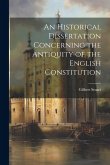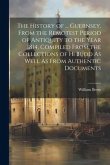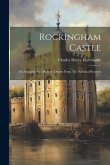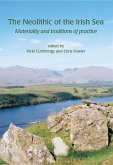Prehistoric war-god, seventeenth century marvel, or living monument? In 1996, a 'trial' was held in Cerne Abbas Village Hall to discuss the origin of the Giant - prehistoric/Romano-British, medieval/post-medieval, or significant for the very fact that he exists, regardless of age. This is the book of the trial: after a preliminary briefing, the witnesses for the three cases present their evidence which ranges from detailed factual information about the archaeology and history of the monument through to its folklore and continuing role as the inspiration for all sorts of activity from local poetry to national advertising. An epilogue contains the jury's decision and an account of the trial's filming for regional BBC program.
Bitte wählen Sie Ihr Anliegen aus.
Rechnungen
Retourenschein anfordern
Bestellstatus
Storno

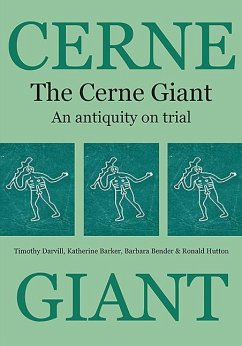
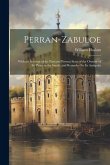

![The History of Richmond ... Including a Description of ... Other Remains of Antiquity in the Neighbourhood [By C. Clarkson] The History of Richmond ... Including a Description of ... Other Remains of Antiquity in the Neighbourhood [By C. Clarkson]](https://bilder.buecher.de/produkte/68/68939/68939061m.jpg)
